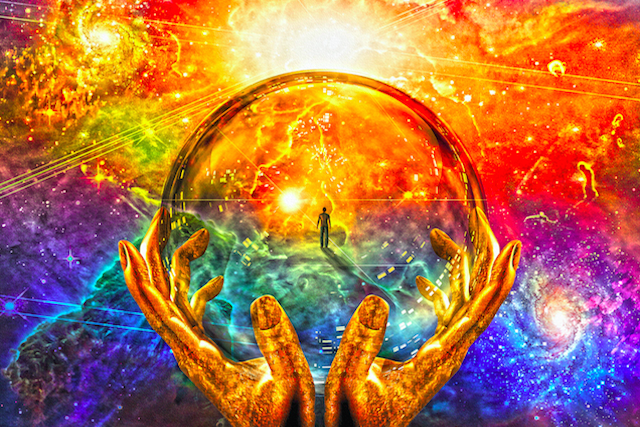Is God Real? Exploring Faith in Modern America
Introduction
The question “Is God real?” has been debated for centuries, yet it remains deeply relevant in today’s America. With shifting religious trends, scientific advancements, and cultural changes, many Americans are re-examining their beliefs. According to a 2023 Pew Research study, 63% of U.S. adults still believe in God, but the number of religiously unaffiliated individuals (the “nones”) continues to rise.
In this article, we’ll explore:
- Historical and philosophical arguments for God’s existence
- Scientific perspectives on faith and spirituality
- Current trends in American religiosity
- Personal stories of faith and doubt
Whether you’re a devout believer, a skeptic, or somewhere in between, this discussion offers insights into one of humanity’s oldest questions.
1. Historical and Philosophical Arguments for God’s Existence
The Classical Arguments
Philosophers and theologians have long presented rational arguments for God’s existence:
- The Cosmological Argument: Everything that exists has a cause; the universe must have a first cause—God.
- The Teleological Argument: The complexity and order of the universe suggest an intelligent designer.
- The Moral Argument: Objective moral values point to a higher moral lawgiver.
Renowned thinkers like Thomas Aquinas and William Lane Craig have defended these ideas, while critics like Richard Dawkins argue that natural processes explain the universe without invoking a deity.
Modern Perspectives
Today, philosophers like Alvin Plantinga argue that belief in God is rationally justified, while secular thinkers counter that faith lacks empirical evidence. The debate remains unresolved, leaving room for personal interpretation.
2. Science, Faith, and the Search for Meaning
Can Science Disprove God?
Science explains the natural world, but does it rule out a divine creator? Some key points:
- The Big Bang Theory: Suggests the universe had a beginning, aligning with theistic views of creation.
- Evolution & Faith: Many believers (including the Catholic Church) accept evolution as God’s method of creation.
- Neuroscience & Spirituality: Studies show prayer and meditation affect brain activity, but whether this proves God’s existence is debated.
Prominent scientists are divided:
- Francis Collins (former NIH director) sees God in DNA’s complexity.
- Neil deGrasse Tyson argues science doesn’t require a deity.
Near-Death Experiences (NDEs)
Millions claim to have had transcendent NDEs, seeing heavenly realms or deceased loved ones. Skeptics attribute these to brain chemistry, but believers see them as evidence of an afterlife.
3. Religion in America Today: Trends and Shifts
The Rise of the “Nones”
A 2024 Gallup poll found that 31% of Americans now identify as religiously unaffiliated—up from 16% in 2007. Reasons include:
- Distrust in religious institutions (e.g., scandals, political divisions).
- Younger generations valuing personal spirituality over organized religion.
Evangelical Movements & Secular Responses
Despite declining church attendance, evangelical Christianity remains influential in politics and culture. Meanwhile, secular groups like the Freedom From Religion Foundation advocate for church-state separation.
The Role of Social Media
Platforms like TikTok and YouTube host debates between atheists and believers, shaping public perception. Viral hashtags like #Deconstruction highlight people leaving faith, while #FaithTok showcases spiritual revival.
4. Personal Stories: Why Belief (or Doubt) Matters
A Believer’s Testimony
“After my cancer diagnosis, I felt God’s presence like never before. Science saved my body, but faith saved my soul.” — Sarah, Texas
An Atheist’s Perspective
“I grew up religious but left when I saw contradictions in scripture. Living ethically doesn’t require God.” — Mark, California
A Seeker’s Journey
“I don’t know if God exists, but I find peace in meditation and helping others.” — Jasmine, New York
These stories reflect America’s diverse spiritual landscape.
Conclusion: Is God Real? The Answer May Be Personal
The question of God’s existence may never have a definitive answer. For some, faith provides meaning and community. For others, reason and skepticism feel more honest.
What’s clear is that the conversation is evolving. Whether through science, philosophy, or personal experience, Americans continue searching for truth in their own ways.
What do you think? Is God real, or is belief a matter of personal choice? Share your thoughts in the comments!
Further Reading
- Pew Research: Religion in America
- The Case for Faith by Lee Strobel
- Why I Am Not a Christian by Bertrand Russell
By engaging with different perspectives, we can better understand this timeless debate.


